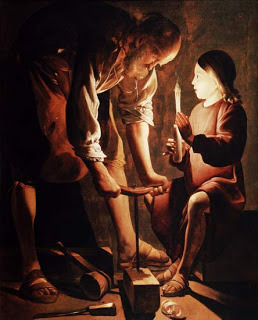And He has on His robe and on His thigh a name written: KING OF KINGS
AND LORD OF LORDS.
Revelation 19:16*
The Bible is the full revelation of God to His people, so that all those who love the Lord also love His Word. I’m not surprised at the great and precious things that I find fresh and new every time I read the Word, even though I’ve gone through “The Book” many times before.
One thing that does surprise me is some of the stuff that has gotten in. God’s written down some things that don’t seem very important to me and I don’t know how to process it. Take Genesis 36, for example, where the genealogy of Esau is given. These men became chieftains and kings of Edom, dozens of them, all with names that are hard to pronounce. These kings lived and reigned long before Israel ever got to their Promised Land and since Edom was later cursed by God, no descendants of that nation exist today. I mean, really, who cares? Obviously, God does, because He wrote it down in His book.
God keeps a lot of lists. Just read First Chronicles. There are lists of Levites, priests, singers, and doorkeepers. In heaven, there’s a list of every person’s sins and the Lamb’s Book of Life catalogs all those going to heaven. Somewhere in all that paperwork of heaven is a complete listing of all the kings that ever lived on earth. Since every king ultimately receives his power and authority from God, one day they’ll have to settle accounts with Him.
At the Great White Throne, there will be kings of Edom, Rome, Greece, Persia, and Babylon. Every monarch that ever lived will be present and, when the signal is given, every one of them will bow the knee and confess that Jesus Christ is Lord to the glory of God the Father. All the proud and mighty will humble themselves before the true King of kings.
* see also 1 Timothy 6:15; Revelation 17:14.
May 30









